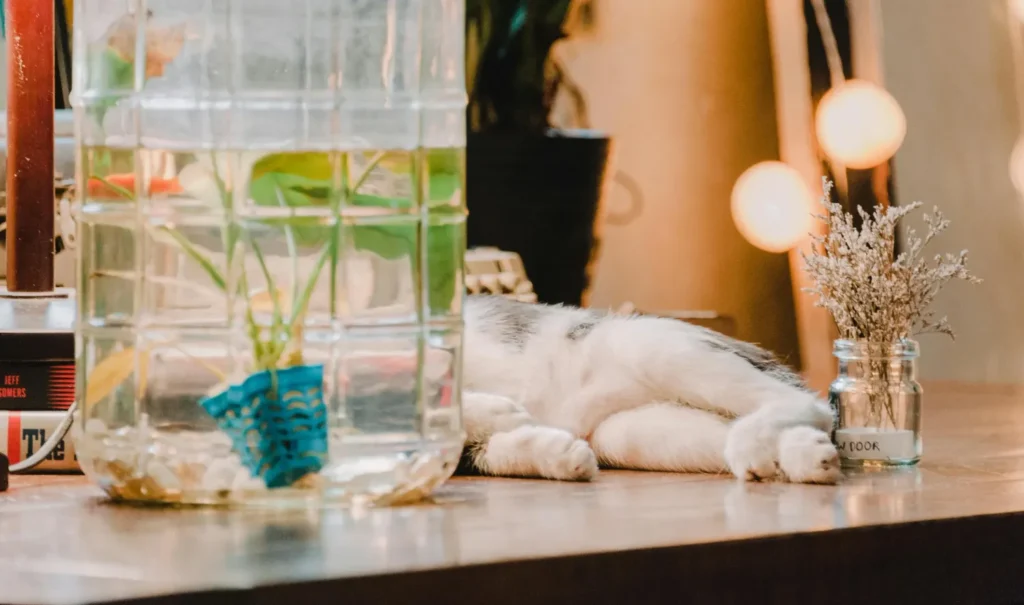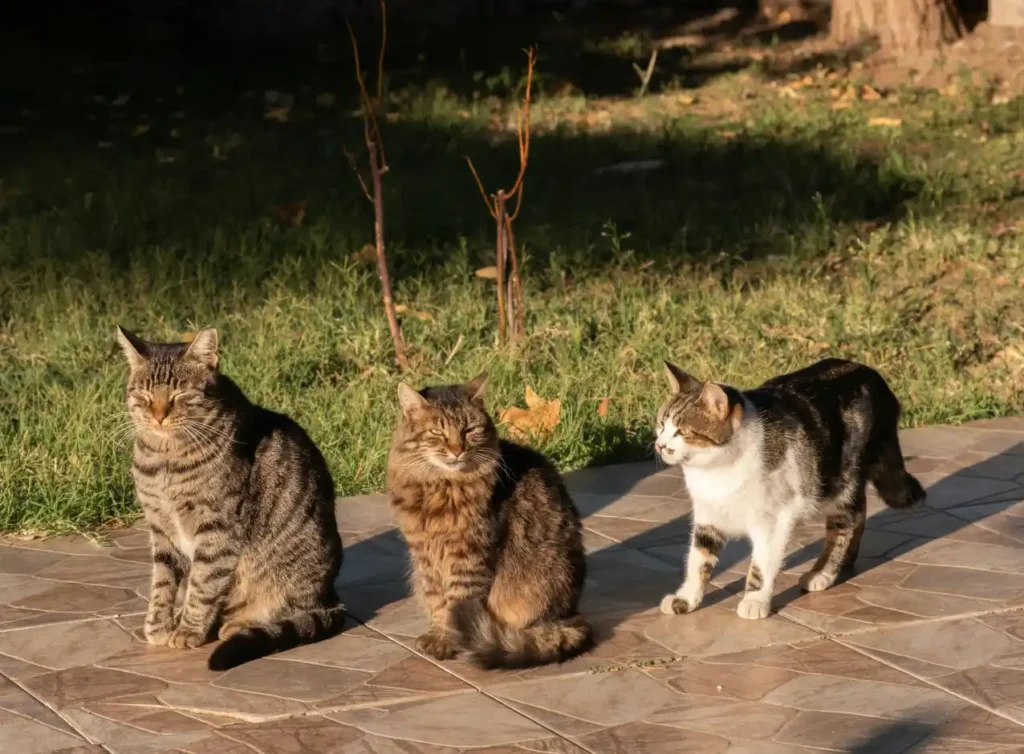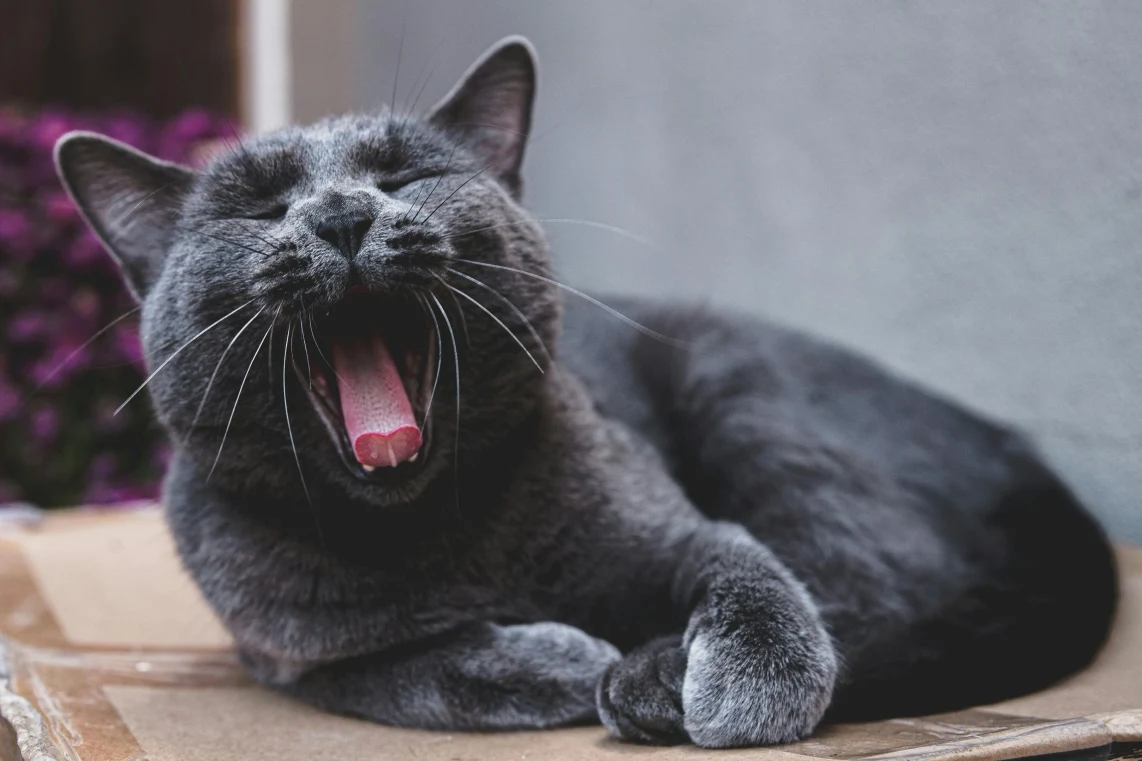Kittens are known for their relaxed, frequently lazy address, which might make some of us wonder why our nimble musketeers feel to spend utmost of their day lounging. In this composition, we’ll explore why are cats so lazy, drawing from nature, evolutionary sharpness, and indeed some surprising ultramodern-day- day explanations.
Cats Born to Sleep
Domestic kittens sleep an emotional 16- 18 hours a day, and this geste can feel lazy. still, this somnolence serves an essential purpose embedded in elaboration. Just like their wild cousins, domestic Kitten need to conserve energy for pivotal survival conditioning. Sleep keeps them sharp and ready to hurdle anything — whether it’s a toy at home or prey in the wild.
Wild Cat for Energy Conservation
Big kittens, like Napoleons and barracuda, parade analogous habits of prolonged rest. In the wild, energy is a precious resource, and hunting consumes a lot of it. Large Kitten has evolved to rest most of the day to store energy for violent bursts of exertion when stalking. This natural energy-conserving process also applies to our household kittens, as their physiology remains closely linked to their natural relatives.
Hunting Demands Short Bursts of Energy
Hunting isn’t a diurnal event for wild kittens. When this Kittendo quest, they need all the energy they can muster, making it vital to conserve energy between refections. Indeed though house kittens don’t quest for their refections, their bodies are still wired to serve this way. Their stalking instincts might come out as short play sessions with toys or unforeseen sprints around the house, after which they snappily return to rest mode.
- Kitten Saves Energy for Important Conditioning By conserving energy, Kittencan devotes its full strength to important moments.
- Wild Kittens Models House Kitten image the energy-conserving habits of big pussycats, indeed if they aren’t hunting prey.
Laziness Evolution in Cats
Over time, kittens with lesser energy effectiveness were more likely to survive in tough conditions. These “ lazy ” genes were passed down as they handed a survival advantage. In nature, animals that don’t desolate energy on unnecessary activity tend to survive longer, especially in surroundings where food is scarce.
Cats and Their Unique Metabolism

Felines have a different metabolic rate than humans. Their bodies are designed for high-intensity but brief conditioning, followed by long ages of rest. This pattern helps them avoid expending energy unnecessarily. So, while they may look “ lazy, ” it’s a matter of metabolism and conservation.
- Detail Energy Bursts Kittenexceed in short, violent energy use rather than long conditioning.
- Designed for Conservation Their metabolism makes it effective to spend the utmost of their time sleeping or lounging.
Protein in a Cat’s Diet
Kittenare obligates herbivores, which means they primarily rely on meat for their nutrition. This protein-rich diet supports muscle development but doesn’t energy long-lasting energy as carbohydrates do for humans. Protein is a source of quick energy for pussycats, and they artificially know when to rest to avoid using it up too snappily.
Are Cats Truly Lazy
We frequently suppose of shiftlessness as a lack of exertion, but Kittens aren’t lazy by nature. When they’re awake, they’re largely alert and ready for action. kittens’ resting habits are just a natural part of how they’re supposed to live. A well-rested cat is more likely to be active and sportful when they’re not snoozing.
Energy- Saving in Household Felines
While wild kittens sleep and conserve energy for stalking, house kitten follows a analogous cycle indeed if they don’t need to quest. Kitten are known to have high energy situations at dawn and dusk, which is when they’re naturally more active, a geste inherited from their ancestors who hunted in low light.
- Crepuscular Nature Kittens are most active at dawn and dusk, times when their wild ancestors hunted.
- Rest for the Right Time Resting during the day is their way of storing up for these natural peaks in exertion.
Cats’ Playtime Mimics Hunting
While they don’t need to quest, house Kittenlove playtime, which simulates stalking geste. Playing with toys mimics the chase and hurdle conduct of stalking, helping them stay sharp and releasing energy in short bursts. After these energetic play sessions, they’re likely to return to their favorite nap spots.
Outer Cats and Comfort of Modern Life

Modern life provides Kitten with cozy beds, regular feeding schedules, and a safe terrain free from bloodsuckers, which makes it easy for them to relax. This life encourages more rest and can make them appear “ lazier ” than their wild cousins. Without the pressures of survival, they can go to relax without care. safe-deposit box Inner terrain With food, warmth, and security, inner Kittenare free to Chesterfield and sleep. No Urgency to Hunt Without hunting pressure, they conduct their natural shiftlessness into a relaxed life.
Do Cats get anxious?
While some may suppose Kittens ‘- energy faves, tedium can lead to destructive geste if they aren’t stimulated enough. Appreciate environmental enrichment, similar to toys, scratching posts, or indeed climbing trees, to engage their mind and body.
Signs of a Joyful, “ Lazy ” Feline
A cat that lounges around is frequently a sign of a happy, well-watch-pet. Kittens sleep further when they feel safe and comfortable. Observing a relaxed cat can be a good index of their well-being and happiness in their terrain.
- Calm and Content A relaxed cat is a happy cat, and their resting habits show they feel safe.
- Environmental needs Make sure your cat has access to engaging toys and cozy spaces to rest.
Conclusion
Finally, cats’ putatively lazy habits aren’t truly a lack of exertion but a largely effective way of life. erected to conserve energy for critical conditioning, Kitten illustrates the art of resting for a purpose. When you see your cat lounging, know that they’re conserving energy, just as nature intended.
- crucial Takeaways on Why KittenAre “ Lazy ”
- Energy Conservation Kittens sleep to save energy for short bursts of exertion.
- Evolutionary Instinct Wild ancestors passed on the specificity of resting until stalking.
- Metabolic Structure Feline’s bodies are erected for brief, violent exertion, not prolonged exertion.
- Diet and Rest As herbivores, they rely on protein, which suits a sleep-ferocious life.
FAQ’s
Read more related blogs on this topic
- Persian Cat Cost Vet and Care
- Famous Italian Cats Breed
- Black Maine Coon Cats Revealing the Beauty and Mystery

